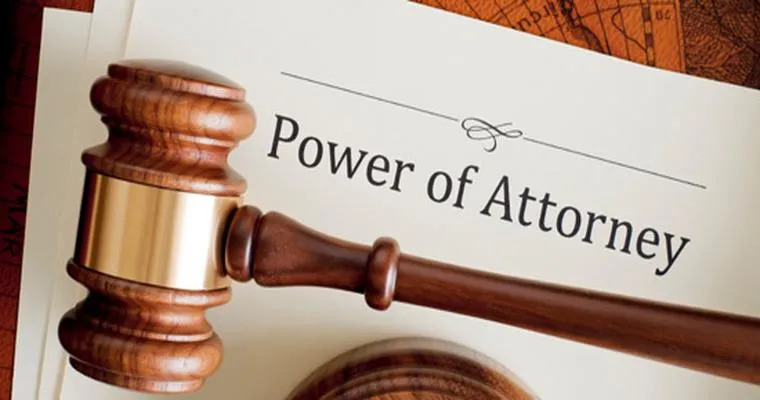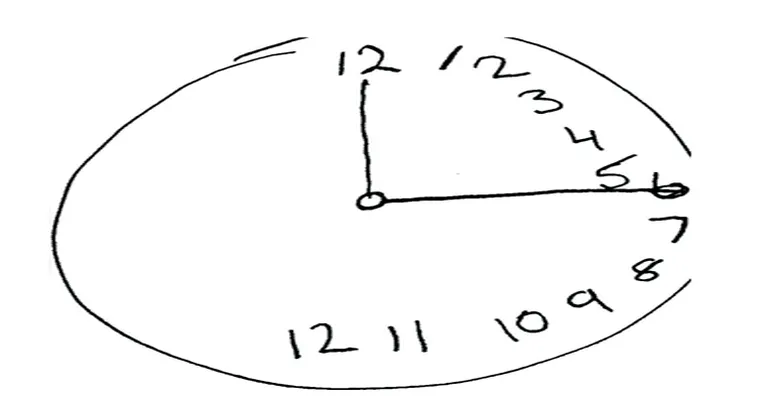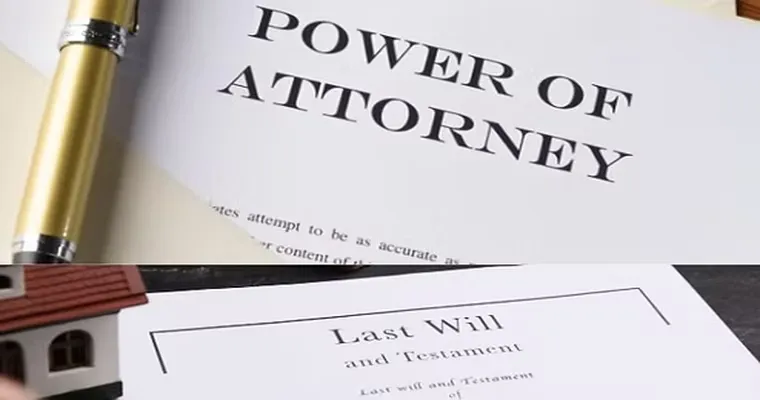When it comes to estate planning and managing one's financial affairs, understanding the nuances of a "Power of Attorney" (POA) is crucial. Two common types of POAs are the "Springing Power of Attorney" and the "Durable Power of Attorney". While both serve the purpose of allowing someone to act on your behalf, they differ significantly in terms of activation and duration. In this article, we will explore the key differences between these two types of powers of attorney to help you make informed decisions about your legal needs.
What is a Power of Attorney?
A Power of Attorney is a legal document that grants one person the authority to act for another in legal or financial matters. This can include managing bank accounts, signing contracts, and making healthcare decisions. The person who grants this authority is called the principal, while the person who receives it is known as the agent or attorney-in-fact.
Understanding Durable Power of Attorney
A "Durable Power of Attorney" remains effective even if the principal becomes incapacitated. This means that if you become unable to manage your affairs due to illness or injury, the durable POA allows your agent to step in and make decisions on your behalf. The durable POA is often used to ensure that someone can manage your financial and legal matters without interruption, providing peace of mind for both you and your loved ones.
Understanding Springing Power of Attorney
In contrast, a "Springing Power of Attorney" only comes into effect under certain conditions, typically when the principal becomes incapacitated. This type of POA requires a specific triggering event to activate it, such as a medical diagnosis indicating that the principal can no longer make informed decisions. Because it only springs into action under defined circumstances, this type of POA can be appealing to individuals who want to maintain control of their affairs while they are still capable.
Key Differences Between Springing and Durable Power of Attorney
1. "Activation": The most significant difference lies in how and when each type of POA is activated. The durable POA is effective immediately upon signing, while the springing POA becomes active only when the principal is deemed incapacitated.
2. "Control": With a durable POA, the principal relinquishes some control over their affairs right away. In contrast, a springing POA allows individuals to retain control until they cannot make decisions for themselves.
3. "Complexity": Establishing a springing POA can be more complex, as it often requires a clear definition of what constitutes incapacitation. This can lead to potential conflicts or confusion among family members or healthcare providers about when the springing POA should take effect.
4. "Legal Requirements": The legal requirements for creating each type of POA may vary by jurisdiction. It is essential to consult with an attorney to ensure that your POA meets all legal standards in your state.
Which One Should You Choose?
Choosing between a springing and durable power of attorney depends on your personal circumstances and preferences. If you prefer immediate authority to manage your affairs without interruption, a durable POA may be the better option. However, if you want to maintain control until a specific event occurs, a springing POA could be more suitable.
Conclusion
Understanding the differences between a "Springing Power of Attorney" and a "Durable Power of Attorney" is vital for effective estate planning. Each type has its own advantages and limitations, and the right choice will depend on your individual needs and circumstances. Consulting with a legal professional can provide further guidance, ensuring that your decisions align with your goals and protect your interests in the long run.





